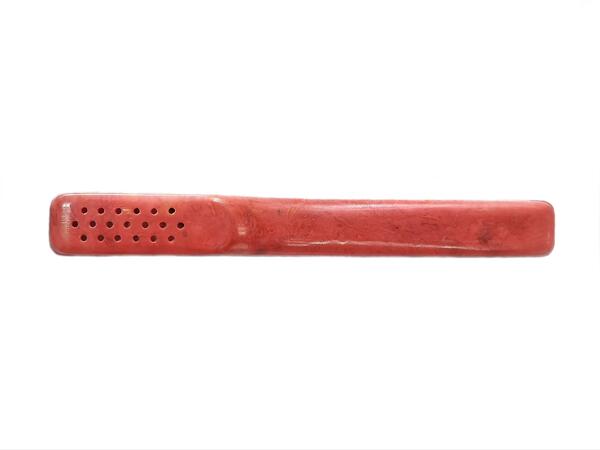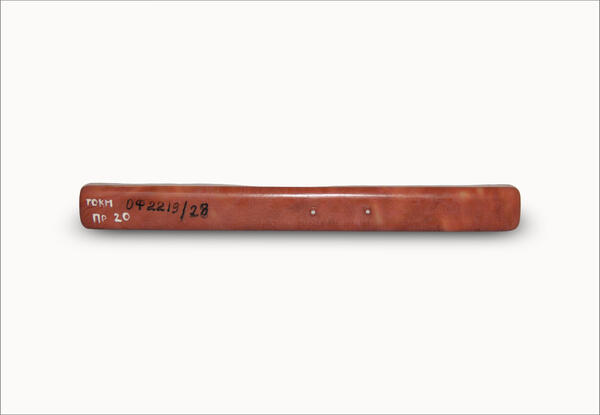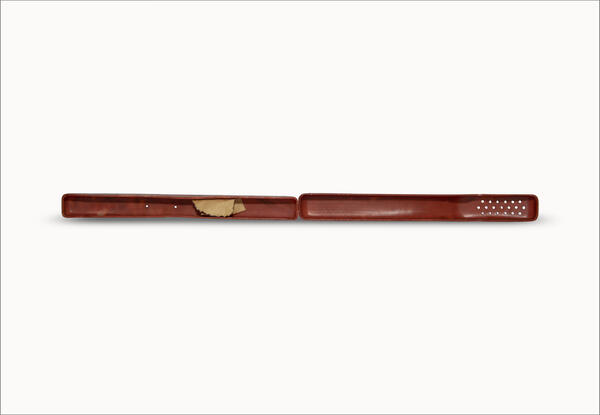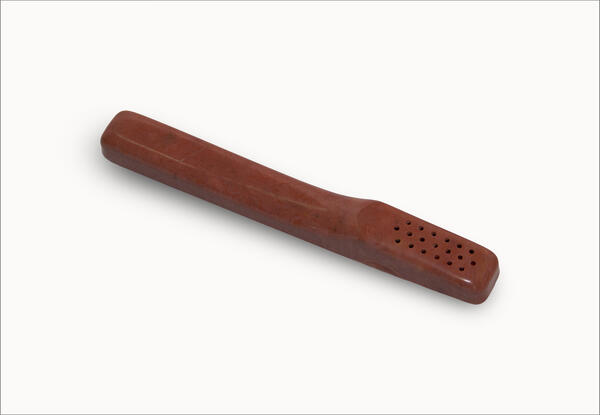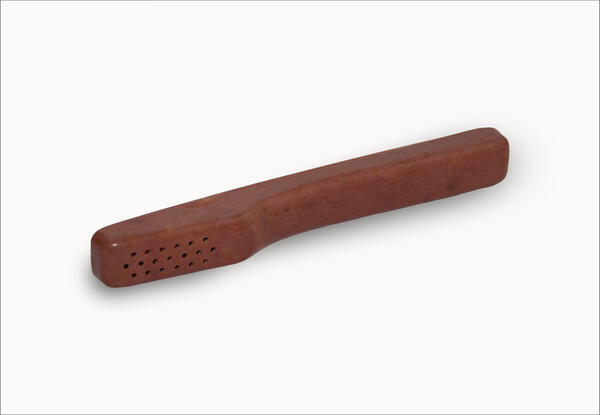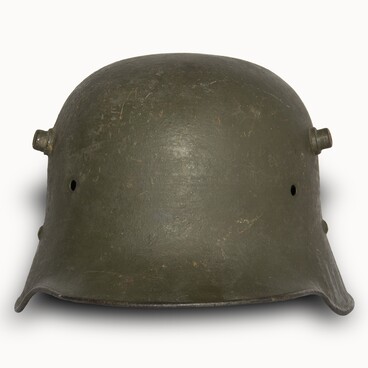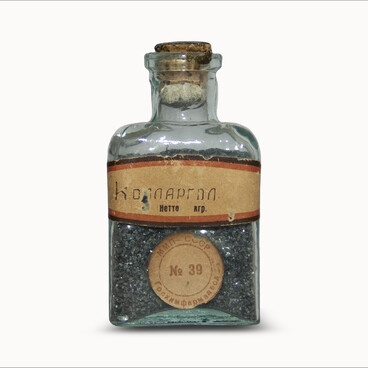This toothbrush case was produced by the Tyumen Plastics Plant established in 1943. It was then that Moscow Plant No. 94 and the Dneprodzerzhinsk Plastics Plant were evacuated there and merged. The new consolidated enterprise was located in the building of the former state wine warehouse on Pervomayskaya Street, near the railway.
In order to accommodate the evacuated plants, it was necessary to adapt, re-equip and re-build over 70,000 square meters of production facilities. The enterprise was small, but it manufactured strategically important products.
The plant focused on producing synthetic phenol-formaldehyde and urea resins, which were used as a binding material in the aviation and tank industries. It also manufactured anti-corrosion cement, varnishes, cultural and household goods.
There were many active frontline crews at the plant. Many of them received the title of “Guards” for exceeding production targets. Tyumen citizens worked to get closer to victory. The production constantly improved to meet the needs of the front.
In 1945, closer to the end of the Great Patriotic War, the Tyumen Plastics Plant began to gradually convert to peacetime production. The main types of goods included children’s, women’s, and men’s combs, cigarette cases, soap dishes, cases for toothbrushes and glasses, watch boxes, electrostatic brushes, tennis balls, and pencil cases. Between 1945 and 1968, the plant mastered the production of 58 types of goods.
After the end of the war, the enterprise finally completed its transformation. In the 1980s, the Tyumen Plastics Plant started exporting some of its products to other countries. A research center was established at the enterprise, and its employees created a large number of state-of-the-art technologies and developments. In 2006, the plant was shut down, with multi-story buildings and a social and business area established in its place.
In order to accommodate the evacuated plants, it was necessary to adapt, re-equip and re-build over 70,000 square meters of production facilities. The enterprise was small, but it manufactured strategically important products.
The plant focused on producing synthetic phenol-formaldehyde and urea resins, which were used as a binding material in the aviation and tank industries. It also manufactured anti-corrosion cement, varnishes, cultural and household goods.
There were many active frontline crews at the plant. Many of them received the title of “Guards” for exceeding production targets. Tyumen citizens worked to get closer to victory. The production constantly improved to meet the needs of the front.
In 1945, closer to the end of the Great Patriotic War, the Tyumen Plastics Plant began to gradually convert to peacetime production. The main types of goods included children’s, women’s, and men’s combs, cigarette cases, soap dishes, cases for toothbrushes and glasses, watch boxes, electrostatic brushes, tennis balls, and pencil cases. Between 1945 and 1968, the plant mastered the production of 58 types of goods.
After the end of the war, the enterprise finally completed its transformation. In the 1980s, the Tyumen Plastics Plant started exporting some of its products to other countries. A research center was established at the enterprise, and its employees created a large number of state-of-the-art technologies and developments. In 2006, the plant was shut down, with multi-story buildings and a social and business area established in its place.

